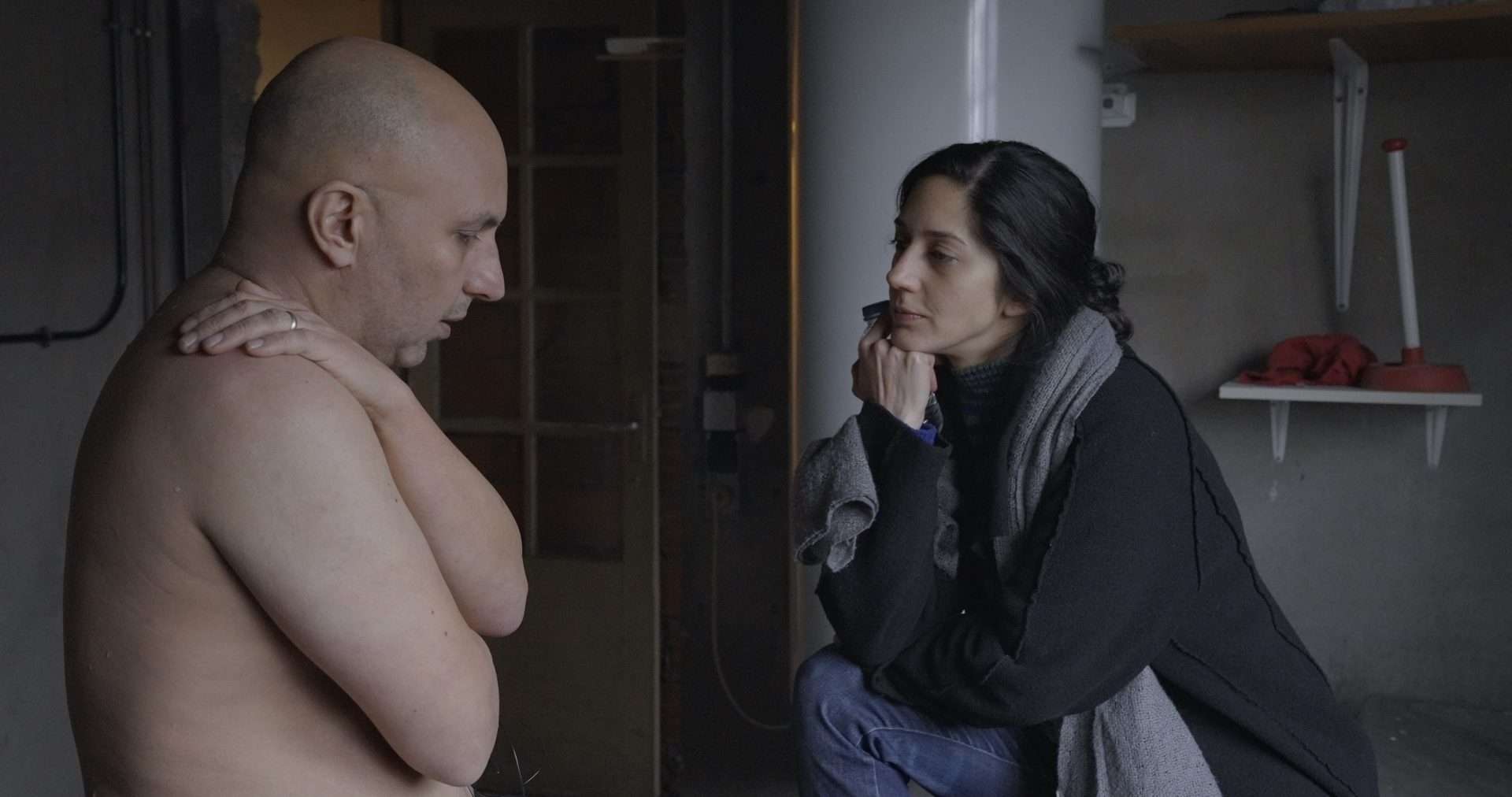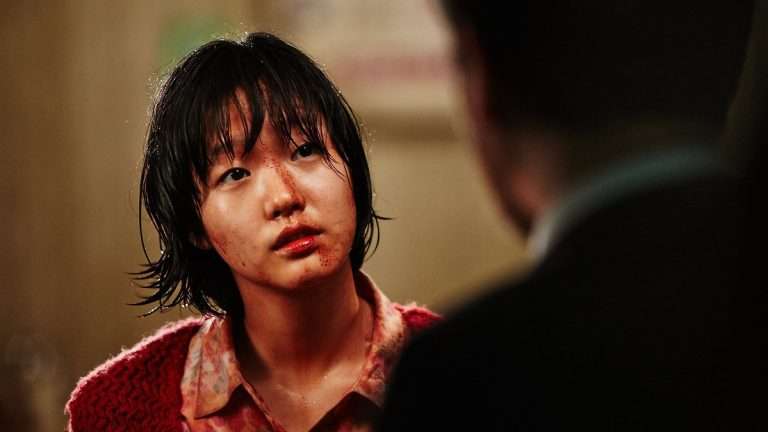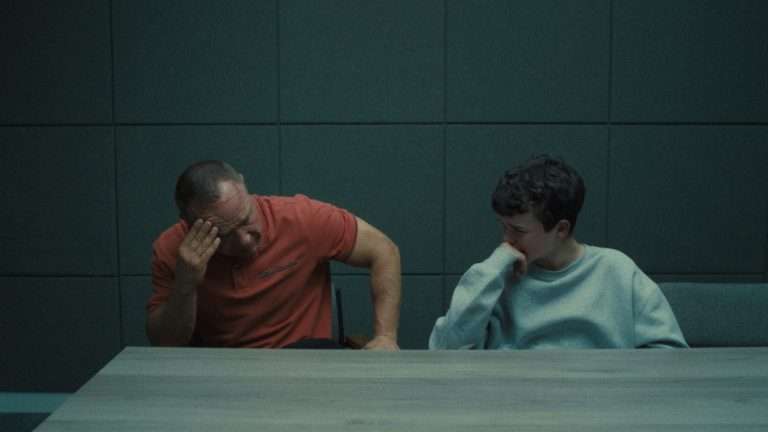Iranian director Mehran Tamadon’s documentary, “My Worst Enemy” (Original title: “Mon pire ennemi”), is a daring experiment. Energized by an audacious thought, Tamadon allows for his control to be slowly wrenched away as the film shifts to uncharted waters. Things he hadn’t considered assume force, cutting through his devised flow. Unpredictability becomes weaponized into something that holds up a defiant, furious mirror to his own strategies, exposing him to the immense slipperiness and peril lodged within his enterprise. Tamadon is made to confront the profound, far-reaching impact of his experiment.
Tamadon, whose passport had been seized by authorities, formulates a plan that he ambitiously imagines will compel an interrogator to doubt himself and open up all its ramifications to him. He quickly lays the framework within which he presumes interrogations play out. The opposite of honesty saves you, he asserts. The interrogation room is designed as a space that hones falsehood to whet the particular agenda and narrative of the person in power.
The detained has to accept the manipulation of truth if he has any hope of making it out. Now in France, Tamadon proposes a role-play exercise where he brings on several former prisoners to interrogate him. Barely anyone passes muster in this strange game, which aims to unravel and dig out the conscience of an interrogator if he has any. That is one of the first inquiries the film teases us with. Eventually, most assert the interrogator is ultimately doing his job, and if it entails trespassing many limits of humanity in setting the detainee right, he will do it.
It is with the entrance of reputed actress Zar Amir Ebrahimi and her undertaking of the interrogator’s role that things are shaken up. All that is at stake here is brutally unmasked as the actress, who had been through many intense, invasive questioning when her sex tape was leaked and since emigrated to France, puts the director through a wringer. She hurls a volley of questions at him, flagging incriminating doubt about the motivation behind his films.

What drove him to abandon his architecture work and switch to filmmaking on his return to Iran after sixteen years and why did he have to head to a graveyard to film mothers of martyrs? What does he mean when he claims he wants the mullahs and Basij to have an open dialogue, which he says his films can conduct? The surface of what Tamadon had naively imagined recreating cracks, leading to a series of volatile, tense circumstances that truly test the depth and perimeter of the mock interrogation.
Intentionality is ruthlessly poked at as Ebrahimi probes into the director’s personal relationships. She orders him to strip and demands specifics of his sexual life. She asks him about the intricacies of foreplay, commanding an enactment. He is surprised, and she keeps harshly reminding him of the luxuries of certain behaviors he is practicing, which would be unthinkable had he been in a real interrogation.
She is relentless and unsparing; the prodding extremity that initially amuses Tamadon soon uncases a dark and uncomfortable potential. The boundaries of artifice are pulled apart in a jolting, stomach-churning assemblage of scenes that cast a vast net of provocation. Ethics and principles come under the scanner with the director’s position of privilege called out. She grills him about how he could have possibly ensured the future safety of those he has invited to participate in his experiment.
This is inherently difficult, thorny terrain, and importantly, “My Worst Enemy” acknowledges the moral upheavals that run underneath. How much have the scenes been staged or edited in a manner that is supposed to indicate transparency inevitably lends itself to debate. This is what the film aces: an ability to challenge and render utterance to bustling complexity, hovering implications, and consequences attached to intent. At a later point in the film, Ebrahimi concedes imagining herself raping him if it went on for a few more days. That is what taking such a role of merciless power, even by way of performance, engenders. “My Worst Enemy” is loaded with shocking stabs of confession, continually grappling with the frightening psychological excesses of power.


![I’m Your Man [2021] Review – Therapeutic robot-romance wisely investigates modern relationships](https://79468c92.delivery.rocketcdn.me/wp-content/uploads/2021/09/Im-Your-Man-Movie-Review-768x512.jpg)



![Margaret [2011] Review: A real coming-of-age drama](https://79468c92.delivery.rocketcdn.me/wp-content/uploads/2019/03/thenewyorker_movie-of-the-week-margaret-768x432.jpg)
